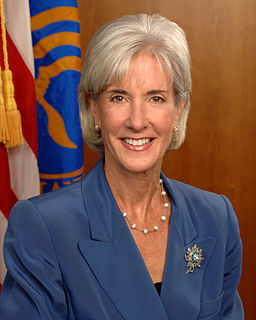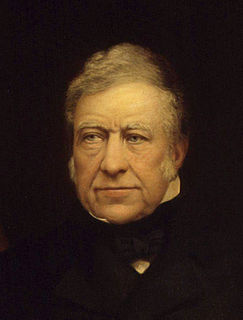A Quote by Tony Abbott
The smart way to improve broadband is not to junk the existing network but to make the most of it. It's to let a competitive market deliver the speeds that people need at an affordable price with government improving infrastructure in the areas where market competition won't deliver it.
Related Quotes
The truth is that business is simple: create great products, merchandise them at the point of sale, continuously innovate and surprise, reward and achieve a position of loyalty with your front line, and seek new truth from the market. Deliver the goods at a competitive cost. Price to earn a decent but not competitively inviting return. Not much else matters.
To improve global health, it's not enough just to have a really good new product and to obtain marketing approval. You still need to market the product and bring it to patients, follow up, create the infrastructure, and so on - the whole pipeline, the network. That's something that companies are extremely good at: organizing a whole pipeline in a cost-effective way.
For countries such as Kenya to emerge as economic powerhouses, they need better infrastructure: roads, ports, smart grids and power plants. Infrastructure is expensive, and takes a long time to build. In the meantime, hackers are building 'grassroots infrastructure,' using the mobile-phone system to build solutions that are ready for market.
Many Western nations have made significant gains through automation and operational excellence, while emerging markets rely on ever-increasing numbers of workers. Each will improve their competitive position only by examining every element of operations to make existing resources more efficient and to deliver real value at lower cost.
Innovation, in the minds of people, cannot be something extremely cheap. If you are an average person and you hear that something that is much better than cigarettes comes to the market at the cheapest possible price, you'll not trust it. This is the reason we didn't initially manufacture in China, because you need to create that credibility. Over time you need to make the products available and affordable to different categories of people.
The Democratic plan in the 'Affordable Care Act' has, I would say, more government support, more government regulation around trying to protect the finances of individuals, trying to protect people who had pre-existing conditions, making sure that they could actually be in an insurance market and not set off to the side.

































